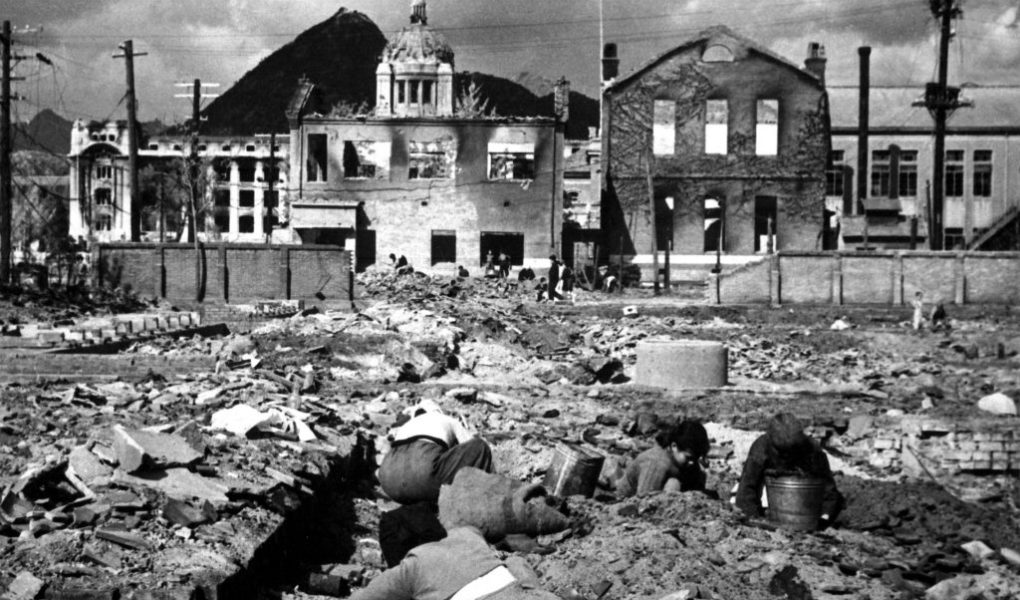lotusyouthcouncil.com – The Korean War, which lasted from 1950 to 1953, had profound and lasting effects on South Korea. This conflict, which began as a civil war between North and South Korea, quickly escalated into a major international conflict involving the United States, China, and the Soviet Union. The war left an indelible mark on South Korea’s political, economic, and social landscape, shaping its development in the decades that followed.
Political Impact
The Korean War significantly influenced South Korea’s political landscape. The war solidified the position of the Republic of Korea (South Korea) as a key ally of the United States in the region, which had long-term implications for its foreign policy and security. The war also led to the establishment of a strong authoritarian government under President Syngman Rhee, who was supported by the United States due to his anti-communist stance.
The war’s end did not bring an end to political tensions. The division of the Korean Peninsula along the 38th parallel created a permanent state of hostility, with the Demilitarized Zone (DMZ) becoming one of the most heavily fortified borders in the world. This ongoing tension has shaped South Korea’s political environment, fostering a strong national security consciousness and a focus on maintaining a robust military presence.
Economic Impact
Economically, the Korean War was devastating for South Korea. The war destroyed much of the country’s infrastructure, leaving cities and towns in ruins. The human cost was also immense, with an estimated 1.3 million South Korean casualties. The war left South Korea in a state of economic ruin, with its industrial base severely damaged and its population struggling to rebuild.
However, the war also set the stage for South Korea’s eventual economic transformation. The massive influx of foreign aid and investment from the United States and other allies provided the necessary resources for reconstruction. This period of rebuilding laid the foundation for South Korea’s subsequent economic miracle, which saw rapid industrialization and economic growth in the decades following the war.
Social Impact
The social impact of the Korean War on South Korea was profound. The war led to the displacement of millions of people, creating a significant refugee crisis. Families were separated, and the trauma of war left deep psychological scars on the population. The war also exacerbated social inequalities, as the poor and vulnerable were disproportionately affected by the destruction and displacement.
Despite these challenges, the war also fostered a sense of national unity and resilience. The experience of shared hardship and the subsequent recovery efforts helped to build a strong sense of national identity and pride among South Koreans. This collective experience has been a driving force behind South Korea’s social and cultural development in the post-war period.
Conclusion
The Korean War had far-reaching and multifaceted impacts on South Korea. Politically, it cemented the country’s alliance with the United States and established a strong authoritarian government. Economically, it led to widespread destruction but also set the stage for future economic growth. Socially, it created deep divisions and trauma but also fostered a sense of national unity and resilience. The legacy of the Korean War continues to shape South Korea’s development, influencing its political, economic, and social policies to this day.




